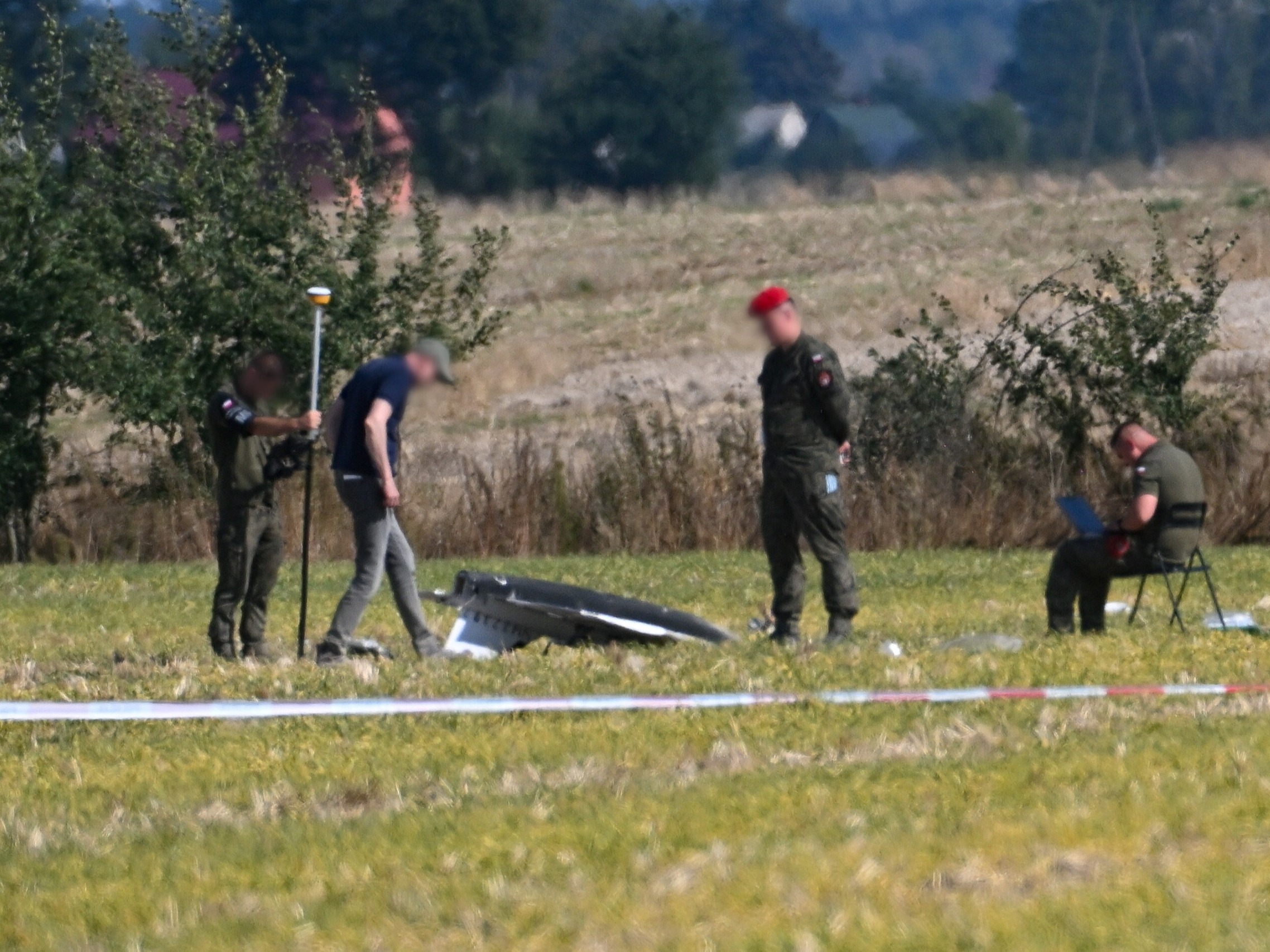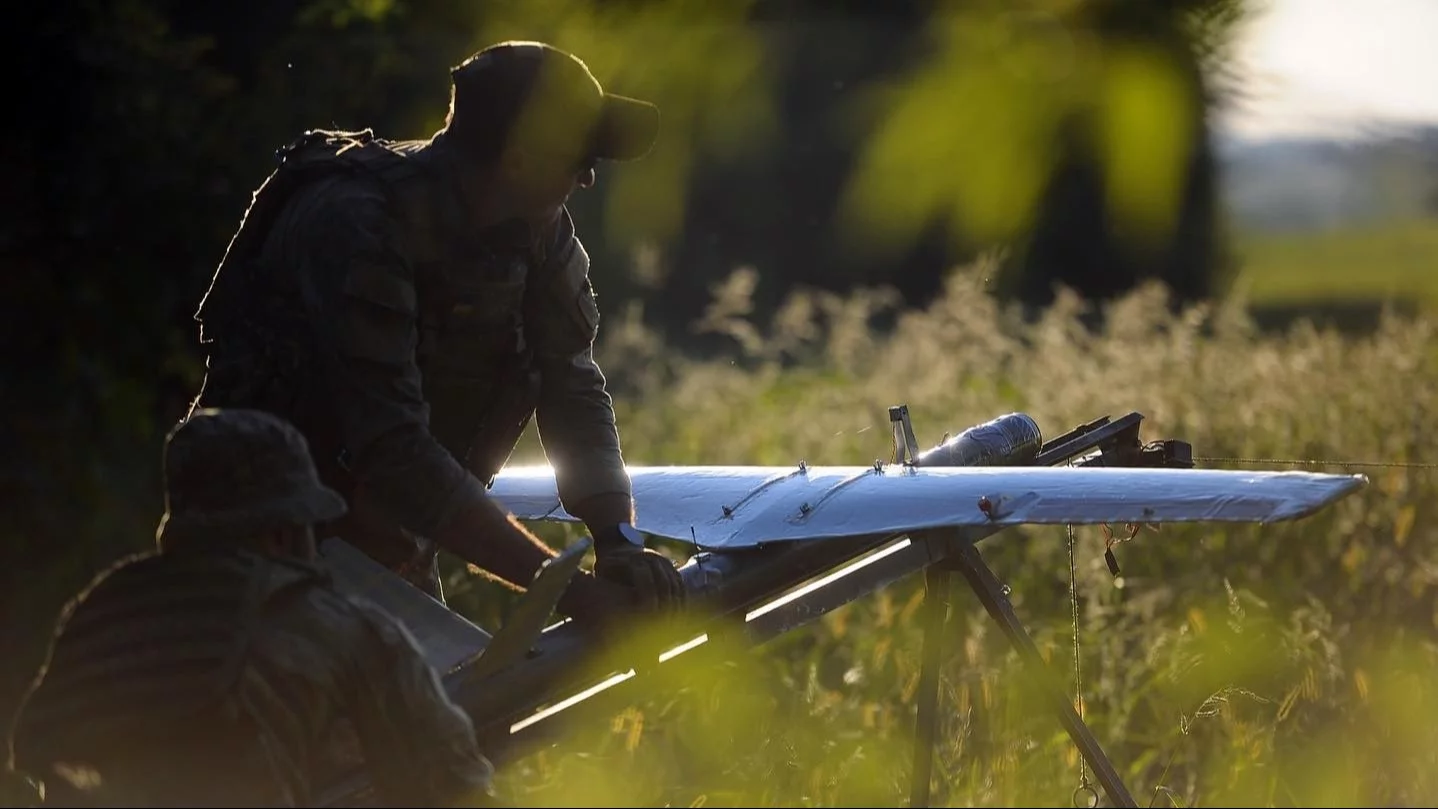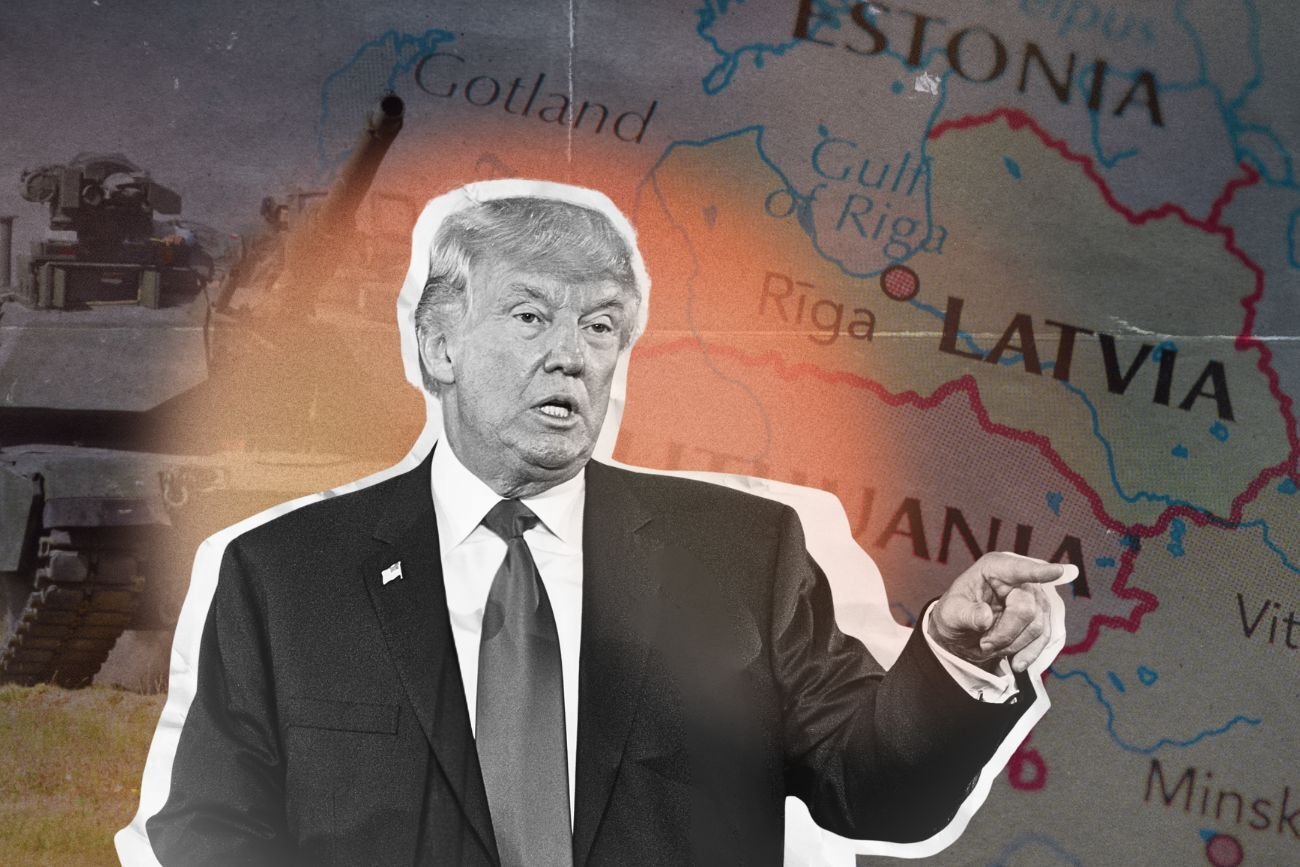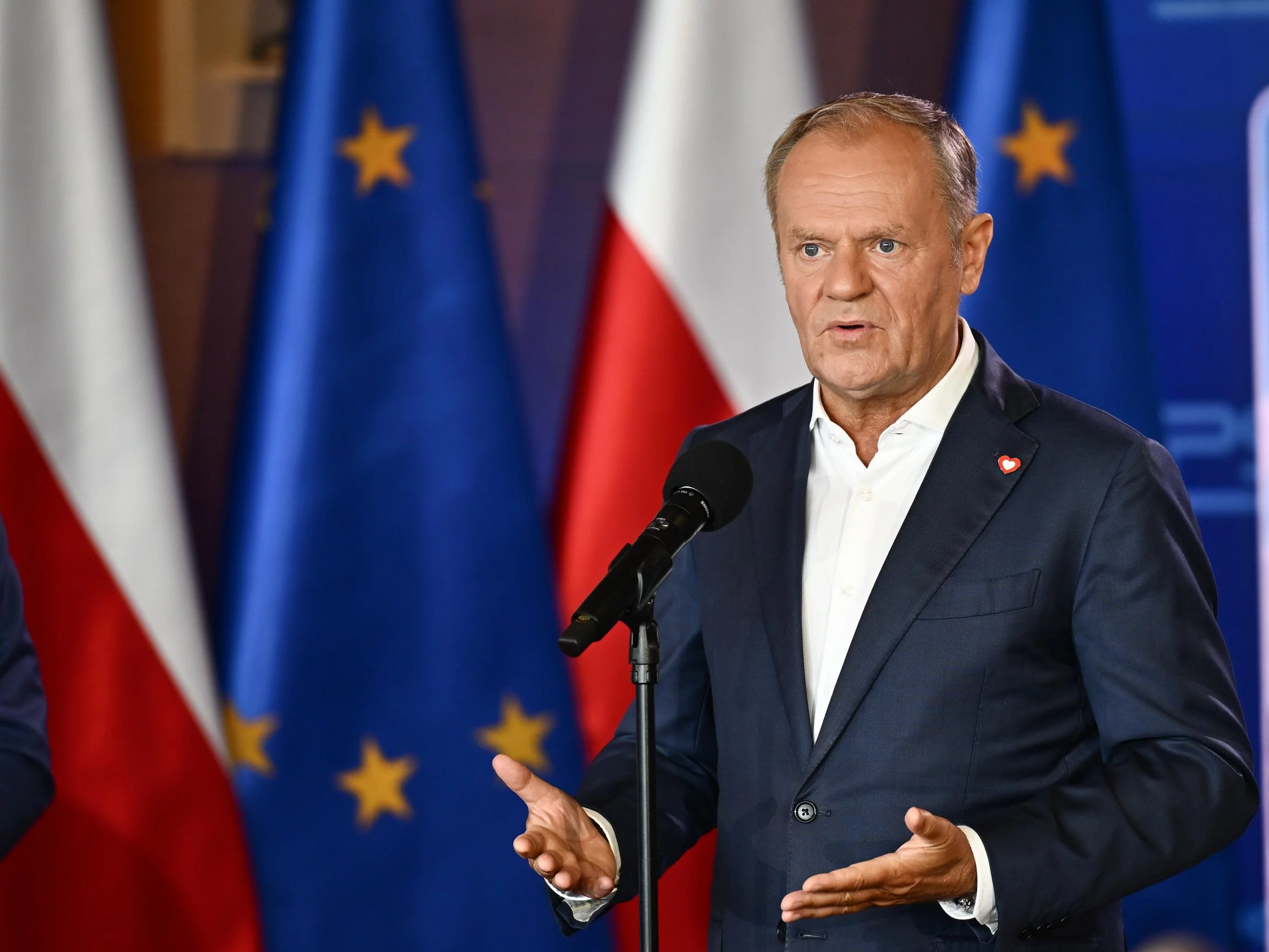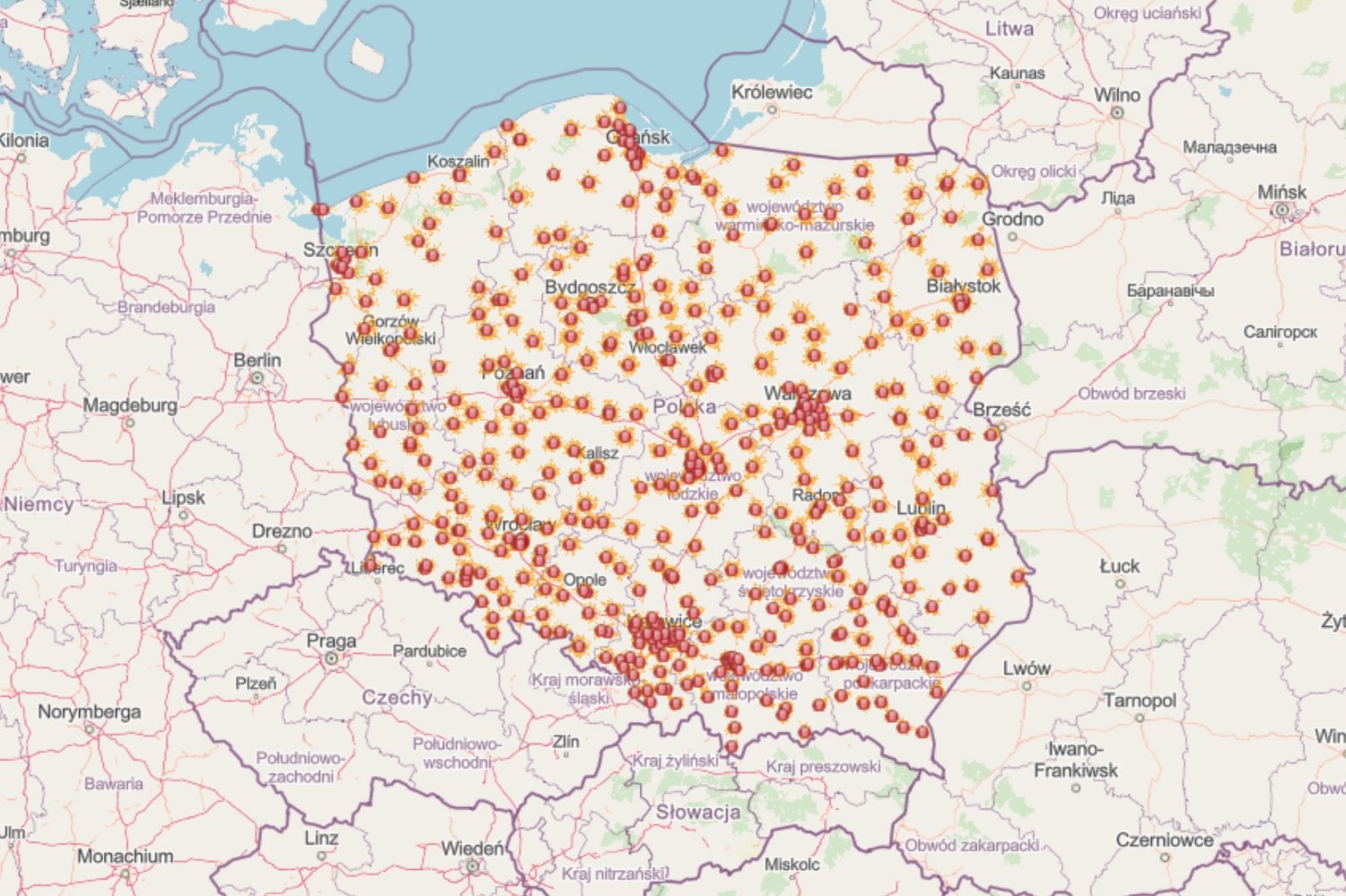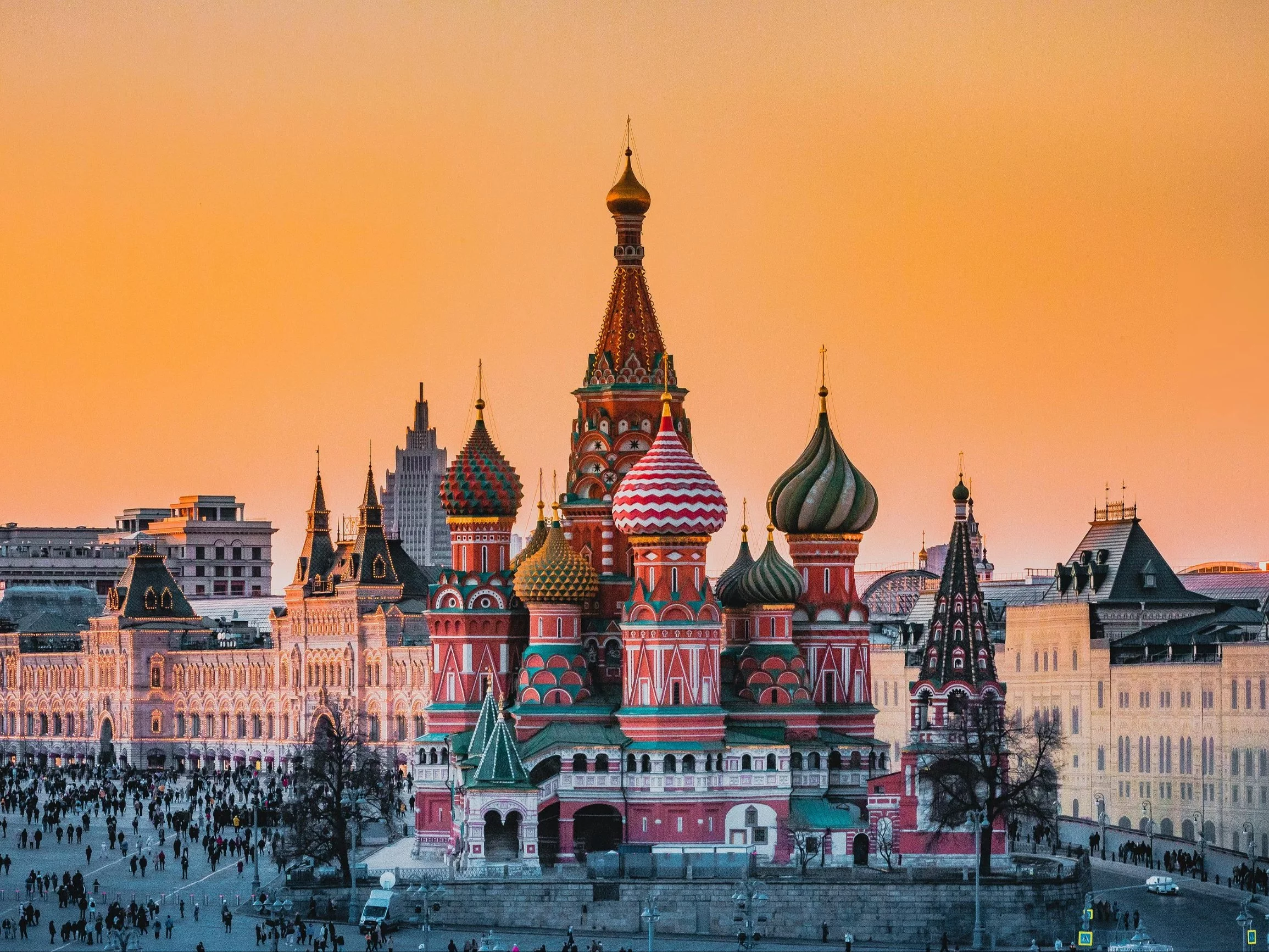On 8 May there will be a double election in North Macedonia: parliamentary and second presidential round. As the polls show, in the elections to the single-camera parliament, it is likely that VMRO-DPMNE will prevail with a considerable national-conservative advantage, whose erstwhile governments in 2006-16 ended with a serious political crisis and the escape of authoritarian Prime Minister Nikola Gruevski abroad. To a large extent, the race for the presidential seat, which in the second circular is being run for, as in 5 years ago, by Stevo Pendarovski, the current president and Gordan Siljanovska-Davkova, the lawyer and MP VMRO-DPMNE. In the first circular held on 24 April, Siljanovska-Davkova won 41.2% of the vote, leaving Pendarovski with 20.5% far behind. In addition to national corruption and security, the leading subject of the run is the Macedonian process of European integration, which, despite the hard political decisions taken by outgoing social democrats, including the change in the name of the country, is stuck in a dead end and disappoints the hopes of many Macedonians to bring the country closer to the EU soon. In the baseline scenario, VMRO-DPMNE's return to power announces the further suppression of the Euro-Inclusion process and the hazard that Macedonia will become another NATO country in the region, where politicians with ties to authoritarian regimes in Moscow, Belgrade and Budapest are in power.
Macedonians political hostages to hard neighbours
Northern Macedonia is simply a multiethnic country that declared independency in 1991 as part of the wider process of the socialist decay of Yugoslavia. Next to Slavic Macedonians (58%) it is simply a two-million-dollar state, according to list The population from 2021 is besides inhabited by Albanians (24%), Turkish (4%), Roma (3%), Serbs (1%), Bosnian (1%) and insignificant groups of Bulgarians, Croats and Montenegro.
In the first decade of independency in the 1990s, Macedonia struggled with cultural tensions due to the rapidly increasing Albanian community in the north-west, which was powered by Kosovo refugees seeking refuge in Macedonia from Serbian repression and war effort. The increasing sense of discrimination among Macedonian Albanians and the opposition of the authorities in Skopje to the demands of this number led to the outbreak of a short-term armed conflict in 2001, sometimes called the Albanian uprising. Eventually, the battles expired in August 2001 after signing a peace agreement with Ohrid in which Albanians guaranteed a number of privileges, including the designation of Albanian as an authoritative and Albanian national equivalent to Macedonians, the warrant of backing higher education in Albanian from the state budget and the introduction of cultural parities in public services and administration.
Since the beginning of its independence, the country has besides struggled with hard neighbours who, erstwhile formulating nationalistic demands that undermine Macedonia's distinctness and national identity, have blocked Macedonia's integration with global organisations, including NATO and EU structures.
The first blocking country was Greece, with which Macedonia held a dispute over the name of its recently formed state for 27 years. In fear of possible territorial claims against North Greek Aegean Macedonia, Athens demanded a change of name to 1 that would not contain a mention to “Macedonia”. Due to the ongoing dispute, the country joined the UN in 1993 under the interim name “Former Yugoslav Republic of Macedonia” (BJRM, besides popular English abbreviation FYROM). The conflict succeeded overcome only in 2018, i.e. after reaching power in both (center-)left) groups: Siris Alexis Tsipras in Greece and SDSM Zoran Zaeva in Macedonia. An agreement was then concluded with Prespa, which, after changing the name of the state to “Northern Macedonia”, was to open the way for Macedonians to NATO and the European Union.
While Macedonia, already North, became a associate of the North Atlantic Alliance in 2020, on its further way to the EU Stopped First, France, which requested the revision of the EU enlargement process and then Bulgaria, which pointed to the insufficient compliance of North Macedonia with the provisions of the Bulgarian-Macedonian relationship treaty of 2017. In the end of his rule, in the face of a deepening interior political crisis, Bulgarian Prime Minister Bojko Borisov reached out to a dispute over the common Bulgarian-Macedonian past to strengthen his popularity among the nationalist electorate. In the eyes of many Bulgarians, the existence of modern Macedonian identity and language is primarily due to the post-war politics of Josip Broz Tito, who sought to dedepend socialist Yugoslavia from Bulgarian influences precisely by developing parallel Macedonian national self-awareness within the separate republic of Yugoslavia. hard compromise It was not until the summertime of 2022 during the French Presidency of the Council of the EU. Under this agreement, the EU could inaugurate accession talks with North Macedonia, but further advancement in the process of rapprochement between Skopje and Brussels is dependent on entry in the Macedonian constitution. Due to the deficiency of the required majority of two-thirds of MEPs willing to support specified an amendment, the Macedonian Euro-Inclusion process has been at the scene since then, constituting 1 of the most controversial subjects of this election campaign. It is worth adding that according to Investigations of 2023 as many as 2 thirds of Macedonians argue the adoption of the changes in the Constitution.
Nationalists on the Way to regain power
An interesting feature of the Macedonian political strategy is that within 100 days before the parliamentary elections, the power is exercised by the method government, whose task is to prepare the country for the vote. This is simply a transitional expression of division of power (power-sharing), which was developed in 2015 under the Pržino Agreement, negotiated with EU support in the face of a worsening political crisis. This time at the head of the Macedonian government stopped for the first time cultural Albanian Talat Xhaferi, the erstwhile talker of Parliament from the co-ordinating DUI party. In order to guarantee greater transparency of political life in the pre-election period, the method government besides includes representatives of the opposition: 2 ministerial portfolios and 3 vice-ministerial councils were assigned to the opposition denominations VMRO-DPMNE.
On 8 May the following parties and election blocks will compete by 120 seats in the Single home Parliament – Sobrań:
- Your Macedonia – Right-wing block under national and conservative leadership Inner Macedonian Revolutionary Organisation – Democratic organization of Macedonian National Unity (VMRO-DPMNE), which ruled the country between 1998 and 2002 and 2006-2016. The second VMRO-DPMNE governments ended with a deep political crisis, many convictions for corruption and Escape Prime Minister Nikola Gruevski abroad. The organization has close ties with Belgrade and Moscow, proclaims anti-Western and Eurosceptic views, sometimes reaching for rhetoric as well as hostile to the Albanian minority. Under Gruevsky's rule, the organization led an active policy of strengthening the national identity of Macedonians through antiquarianization, that is, highlighting the links with ancient Macedonians, including historical figures specified as Alexander the large and Philip II the Macedonian (Last polls: 38-41%).
- To the European Future – centre-left block whose main group is Social Democratic Union of Macedonia (SDSM), ruling the country for most of its independency period, including the past 7 years. SDSM is the heiress of the Yugoslav Communist Union (Macedonia). Declaring present as pro-Western and pro-European, this organization has carried out a number of hard reforms, including a change in the country's name to bring the country closer to NATO and the EU. Through many SDSM scandals, it has become increasingly identified with corruption and nepotism in fresh years, loss clearly popular, besides due to the deficiency of announced advancement towards the EU (22-26%).
- Democratic Union for Integration (DUI) is the largest organization representing the Albanian minority, founded immediately after the end of the armed conflict between the Albanian National Liberation Army and the Macedonian safety forces in 2001. It is inactive headed by the then commanders of the Albanian forces: Ali Ahmeti or current method Prime Minister Talat Xhaferi. With the exception of 2006-2008, DUI participates in subsequent governments, led by both VMRO-DPMNE and SDSM. In this election, the formation competes within a wider block European Front (10-13%).
- VLEN – coalition of opposition Albanian parties: BESA, Alternativa, Alliance for Albanians, Democratic Movement. Interestingly, in the coalition In. besides Lëvizia Vetëvendosje, a group of Kosovo Prime Minister Albina Kurti, who is trying to make his organization structures in neighboring Albanian countries (12-14 %).
- I KNOW (abbreviation from To Our Macedonia) – a left-wing national group founded by Maksim Dimitrievski, Mayor of Kumanov and erstwhile SDSM member, who achieved amazingly good results in the 1st circular of the presidential election – almost 10%. The group is mostly powered by erstwhile politicians from the conservative wing of SDSM (5-8%).
- Levica – a Eurosceptic and pro-Russian organization with a left-national profile, reaching regularly for rhetoric typical of the populist organization of the right. According to the politicians of this organization alternative for the approximation of North Macedonia to the European Union is integration with the Eurasian economical Union and the BRICS countries (5-7%).
Presidential Rematch
The second circular of presidential elections will be held on 8 May. The winners of the first circular held on 24 April 2024 were:
- Gordana Siljanovska-Davkova (41.20%) – opposition MP VMRO-DPMNE, who is simply a prof. of law by profession. 5 years ago she besides competed with Pendarovski for the office of President, yet losing 46.42% to 53.58%. If she succeeds this time, Siljanovska-Davkova will be the first female to service as head of state in North Macedonia. The candidate is happy to address nationalist rhetoric and dignity in her speeches, promising voters that “make Macedonia arrogant again” after years of humiliation in abroad policy.
- Stevo Pendarovski (20.48%) – besides lawyer and President-in-Office since 2019, who unequivocally supports the western course in North Macedonia's abroad policy. Despite having the party's Social Democratic ID card SDSM has become known as a concilation policy seeking agreement over political and cultural divisions, caring the destiny of minorities and people with disabilities. However, due to the support of the social democratic governments of Zaev and Kovachevski his presidential image remains at the same time burdened by their failures in European integration and corruption scandals. Pendarovsky's score in I circular is the worst consequence of SDSM candidate in the past of the independent Macedonia presidential election.
The current head of Macedonian diplomacy besides took part in the first circular of elections Bujar Osmani, candidate for the main organization representing Macedonian Albanian DUI (13.73%). Arben Taravari representing Albanian opposition groups to DUI (9.47%), Maxim Dimitrievski, mayor of the second largest city in Kumanowo and leader of left-wing national ZNAM (9.52%), Biljana Vankovska, Eurosceptic Levica policy (4.68%) and Stevčo Jakimovsky, the mayor of Karposh territory in Skopje and the center leader of GROM (0.92%).
An crucial feature of the Macedonian presidential election is the 40% turnout threshold, which must be achieved in order for the vote to be considered valid. In specified an electoral strategy theoretically there is simply a hazard of boycotting presidential elections by political communities and voters who do not see a chance of winning their candidate and at the same time want to prevent the triumph of his competitor.
The winds of change have been blowing for a long time
Social Democrats who took power in 2017 on the wave of the colour Revolution against the authoritarian and corrupt governments of VMRO-DPMNE systematically lost the voter's trust with the passing of the years spent in the government. On the 1 hand, they were incapable to make the announced advancement in the process of European integration and hope to improve the standard of living, on the another hand, the regularly erupting scandals at the summits of power have besides made SDSM a organization of corruption and nepotism. The erstwhile 2020 parliamentary elections were a de facto tie with a minimum indication for social democrats. A year later, in the VMRO-DPMNE local elections, a major triumph had already taken place, reflecting the vast majority of Macedonian cities, including Skopje's prestigious capital, as a consequence of which the Social Democratic Prime Minister Zaev presented himself to resignation and transmitted the control of the government of Dimitar Kovachevski, a little-known technocrat then acting as Deputy Finance Minister. It can so be amazing only the scale of the expected VMRO-DPMNE victory, which was outlined in the last pre-election polls and in the first circular of the presidential election. If VMRO-DPMNE fails to get an independent majority on May 8, then the politicians of this organization signal Openness to coalition with Albanian opposition block VLEN and/or left-wing national ZNAM. VMRO-DPMNE leader and right-wing candidate for Prime Minister Hristijan Mickoski surely excluded a common government with the co-organising DUI, suggestingthat “it would be good for this organization to do at least 1 word in opposition”.
In the presidential election, the VMRO-DPMNE candidate, Gordana Siljanovska-Davkov, who after the first circular did not leave Pendarovsky virtually no chance of re-election, even if the vast majority of the remaining candidates voted for him on 8 May. Therefore, VMRO-DPMNE, which in disgrace gave power 7 years ago, is now preparing to scope for its almost fullness. In view of the sometimes contradictory messages sent by representatives of this party, which, depending on the immediate political needs, are more or little anti-Western/EU, the final course of this camp in abroad policy will only become clearer after the actual rule. However, given the comparatively tiny exchange of VMRO-DPMNE personnel since the failure of power in 2017, the baseline script should anticipate to tighten nationalist rhetoric in relations with neighbours, further halting the process of Eurointegration or possibly even trying to rebuild an authoritative and clientelistic power system. Much will depend on who and in what arrangement VMRO-DPMNE will yet co-ordinate, but for this minute there is simply a crucial hazard that North Macedonia will become another NATO country in the region, which is governed by politicians with close sympathy and ties to authoritarian regimes in Russia, Serbia and Hungary.

